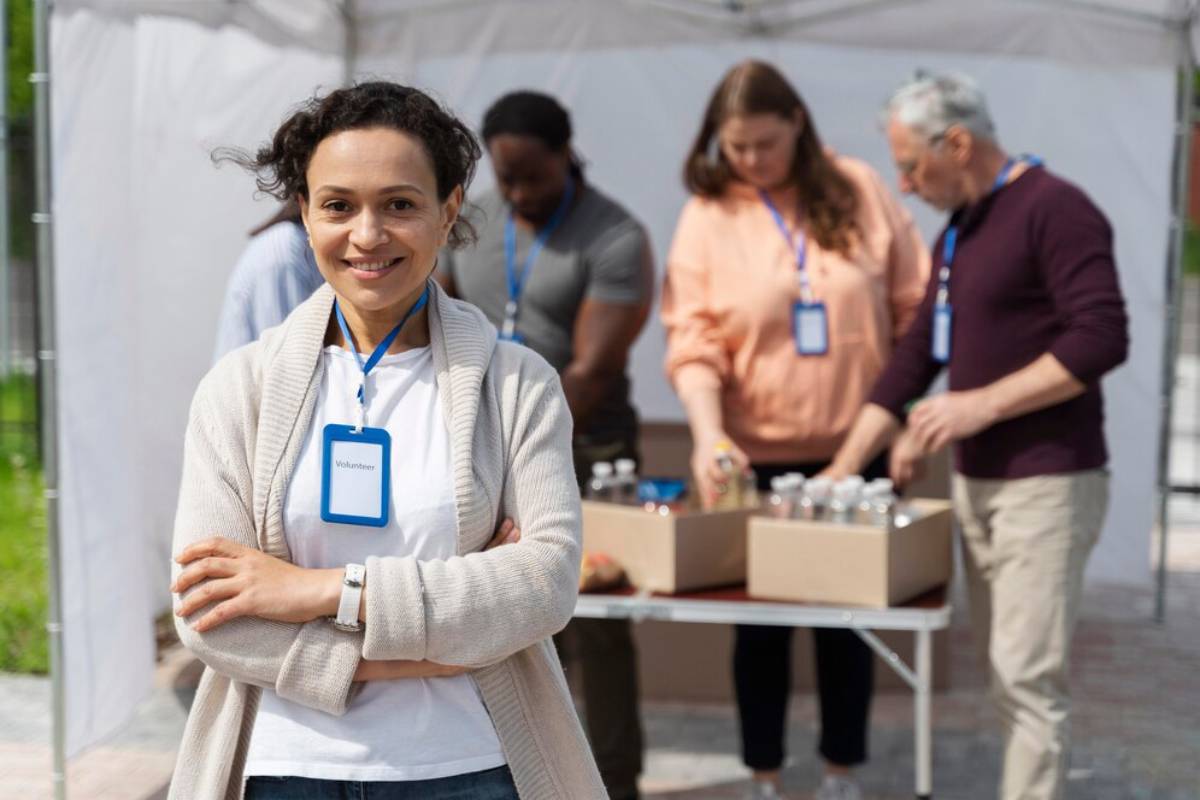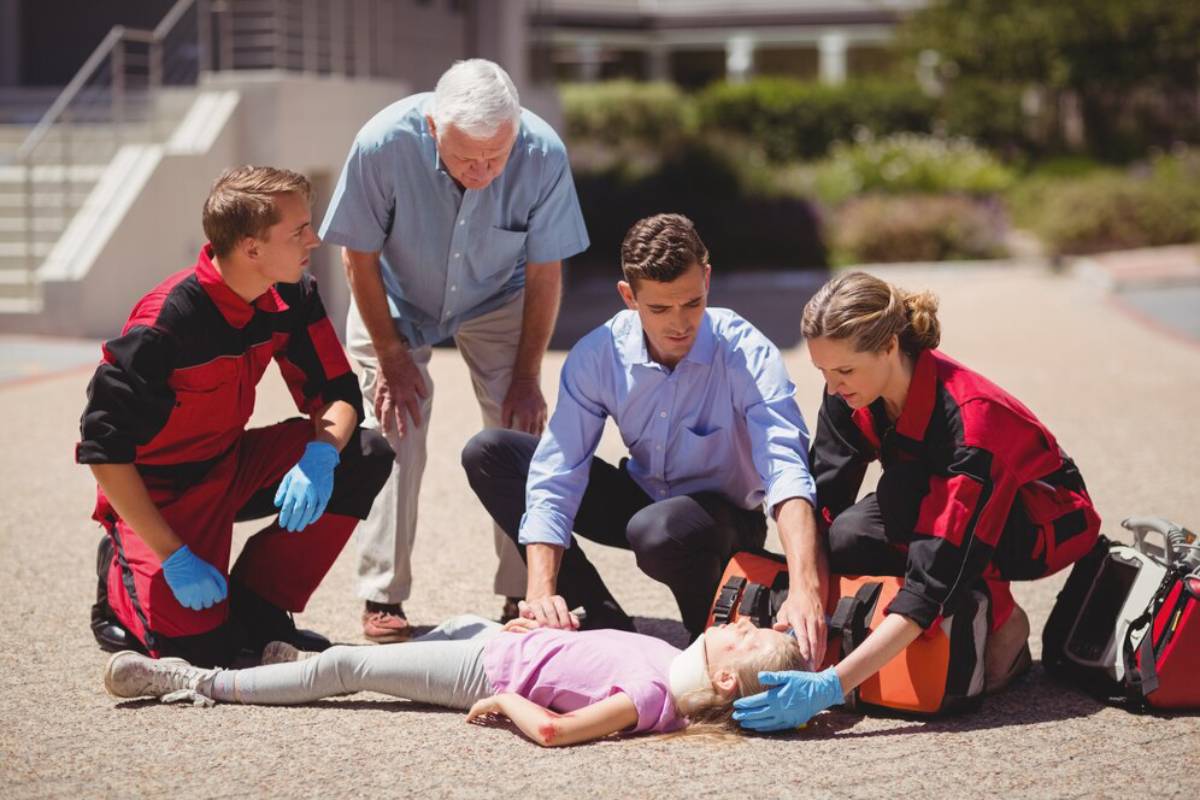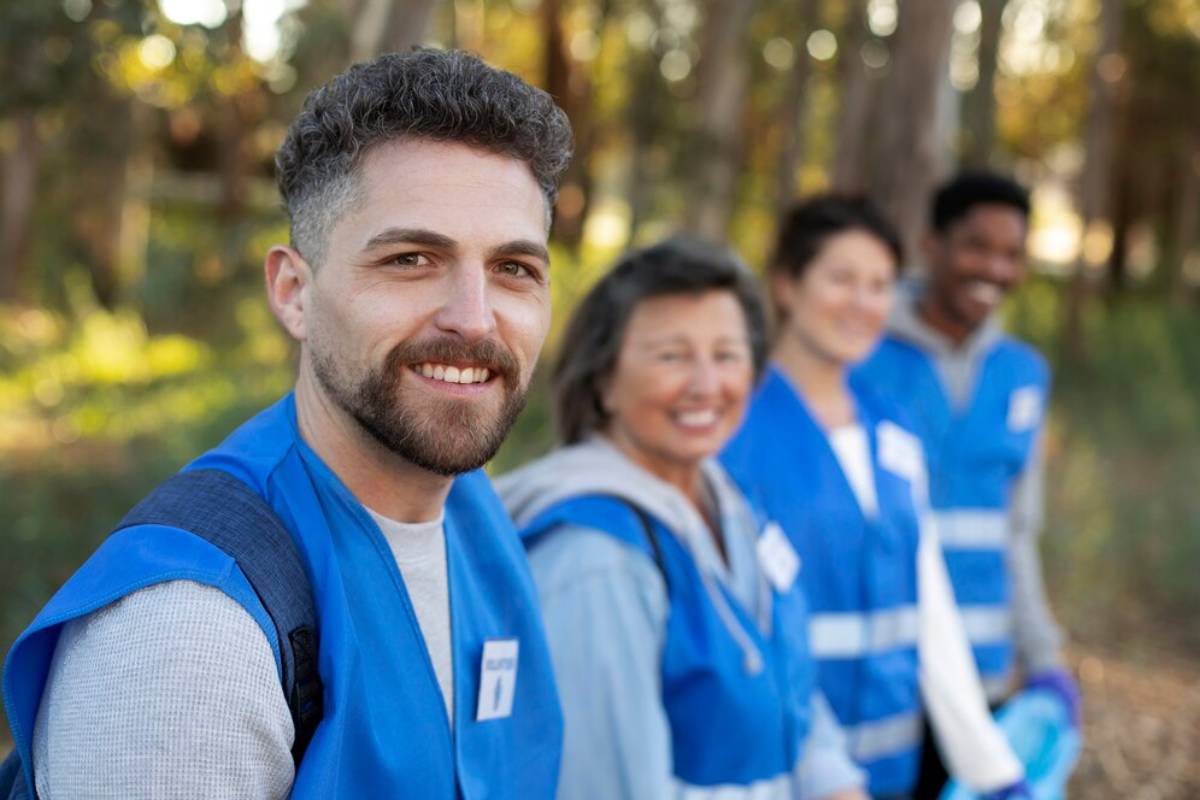
Medical Volunteering: How Travellers Can Help Globally
Medical volunteering is a lifeline, bridging the gaps in healthcare for communities deprived of essential services. Volunteers don’t just treat patients; they ignite a legacy by training local healthcare workers, ensuring the spirit of goodwill thrives long after they depart. This journey opens volunteers’ eyes to the world’s health challenges, fostering personal growth and lighting the path to professional development.
Examples of Medical Volunteering
Picture medical missions as a tapestry of compassion woven with diverse tasks: offering basic healthcare, performing surgeries, administering vaccinations, and empowering local health workers through education. Imagine a dedicated team of doctors and nurses travelling to a remote village, battling ailments while enriching healthcare practices for a brighter tomorrow.
How to Get Involved in Medical Volunteering

Ready to jump into the world of medical volunteering? Here are your guiding stars:
1. Choose a Reputable Organisation
Seek out trustworthy organisations seasoned in the art of medical missions. Consider revered names like Médecins Sans Frontières (Doctors Without Borders), Project HOPE, or the International Medical Corps. Align your choice with your values for a harmonious journey.
2. Prepare Yourself Mentally and Physically
Brace yourself for the adventure ahead! Volunteering in a medical role can challenge your body and spirit. Gear up for uncharted waters, where resources may be scarce and environments unfamiliar. Don’t forget to update your vaccinations and come prepared in good health.
3. Get the Right Training and Certifications
Depending on your role, certifications may be essential. Medical professionals should ensure their licenses hold international validity. Meanwhile, non-medical volunteers can greatly benefit from basic first-aid training and an understanding of cultural sensitivity.
4. Plan Your Budget and Logistics
Some organisations happily cover travel and lodging, while others require you to foot the bill. Map out expenses like flights, insurance, visas, and personal supplies. Ensure you carve out time from work or school and tie up loose ends before your departure.
Expert Tips & Common Mistakes to Avoid
Here are some golden nuggets to elevate your medical volunteering experience:
Be Culturally Aware
Immerse yourself in the culture, customs, and language of your destination. This foundational knowledge fosters trust and paves the way for effective collaboration within the local community.
Focus on Long-Term Impact
Steer away from quick fixes! Collaborate closely with local healthcare providers. Aim for sustainable improvements that ripple through communities. Build lasting relationships to empower locals and ensure progress endures.
Take Time to Reflect
Once your mission concludes, pause for reflection. Contemplate the lessons learned and how the experience has shaped you. Share your stories to inspire others to embark on their own medical volunteering voyage.
Advanced Insights on Global Aid Programmes
The Importance of Training Local Healthcare Workers
Empowering the volunteer travel program of local healthcare workers is a masterstroke for creating enduring change. When volunteers impart skills and knowledge, they equip communities to take charge of their own healthcare destiny. This strategy guarantees that the benefits of medical missions flourish long after the volunteers have waved goodbye.
Addressing Root Causes of Health Issues
Medical volunteering addresses not just symptoms but also the roots of health problems. Volunteers educate communities on preventive healthcare, hygiene, and nutrition, nurturing healthier practices that combat preventable diseases and elevate overall well-being.
Building Strong Community Relationships
To foster lasting change, volunteers must cultivate trust and forge meaningful connections with the communities they serve. Spending time understanding local challenges ensures volunteer efforts leave a permanent imprint.
Making Healthcare Accessible to All
Medical volunteering paves the way for healthcare access to those often left in the shadows. This includes individuals in remote areas, communities with limited resources, and marginalised groups.
Using Technology to Improve Care
Technology is revolutionising the delivery of care for volunteers. With simple tools like mobile health apps and telemedicine, volunteers can reach out to remote patients and provide enhanced follow-up care.
Working Together for Greater Impact
Global aid programmes blossom when volunteers, local communities, governments, and organisations join forces. By pooling knowledge and resources, we cultivate a robust and sustainable healthcare system.
How You Can Continue Making a Difference
Upon returning from your mission, a world of opportunities awaits to keep you involved. Advocate for better healthcare policies, support ongoing initiatives, or mentor budding volunteers. Sharing your experiences can kindle the flame of inspiration in others, encouraging them to join the noble quest of enhancing global healthcare.
Join a Network of Like-Minded Volunteers

Staying connected with other volunteers helps you share ideas and best practices and work together on projects. These connections build a strong network of people committed to improving healthcare worldwide.
Are you ready to make a difference through medical volunteering? Share your thoughts and experiences in the comments below. Let’s keep this important conversation about global health and humanitarian efforts going.
Medical volunteering lets you make a real difference in others’ lives. By joining medical missions and supporting local healthcare systems, you help improve access to quality care for those in need. As you start this rewarding journey, remember that even small actions can lead to big changes.
Are you ready to make a difference through medical volunteering? Share your thoughts and experiences in the comments below. Let’s keep this important conversation about global health and humanitarian efforts going.
Conclusion: Make a Lasting Impact Through Medical Volunteering
Medical volunteering is your chance to create ripples of positive change in the lives of many and travel with purpose. By engaging in medical missions and nurturing local healthcare systems, you elevate access to quality care for those in dire need. As you embark on this rewarding journey, remember that even the smallest actions can sow seeds for lasting transformation.


